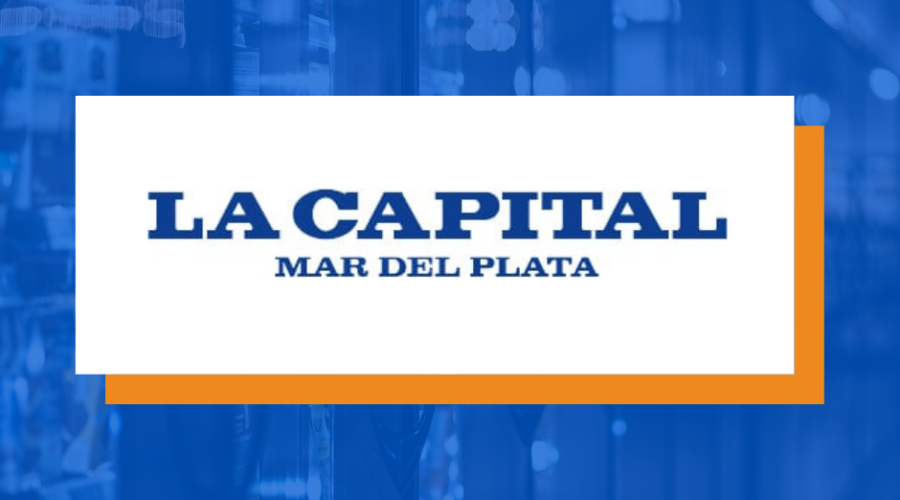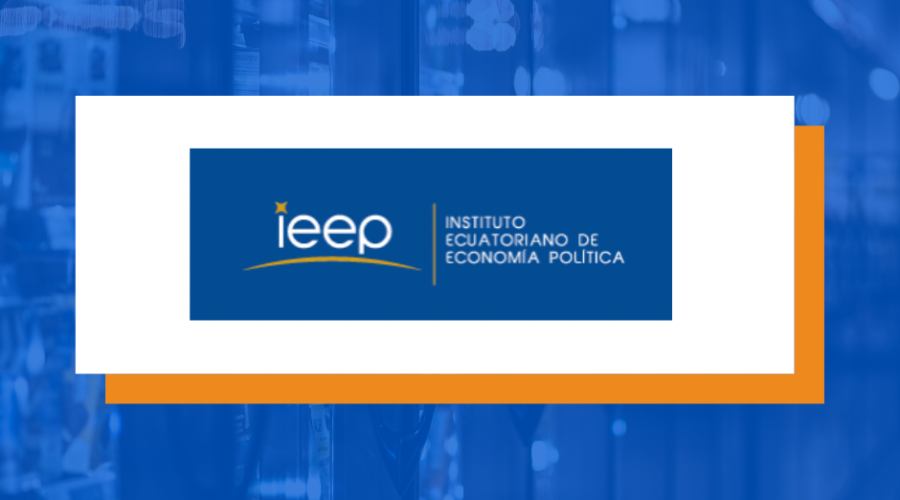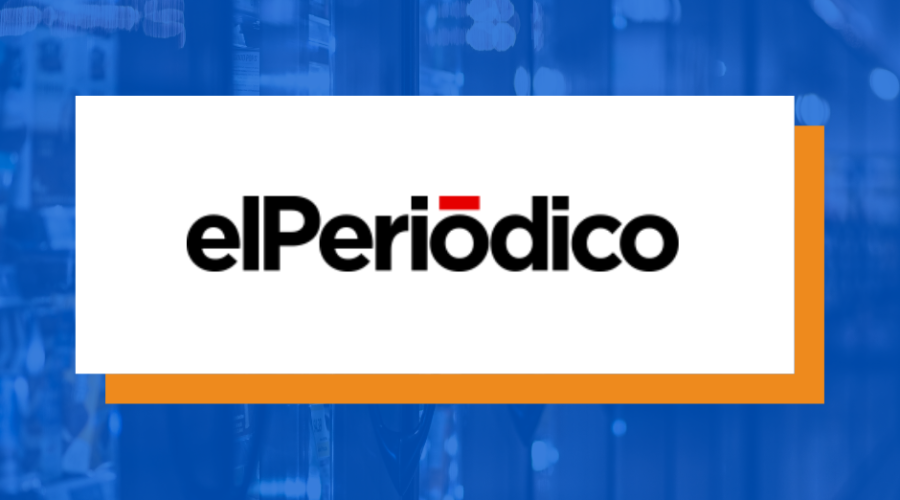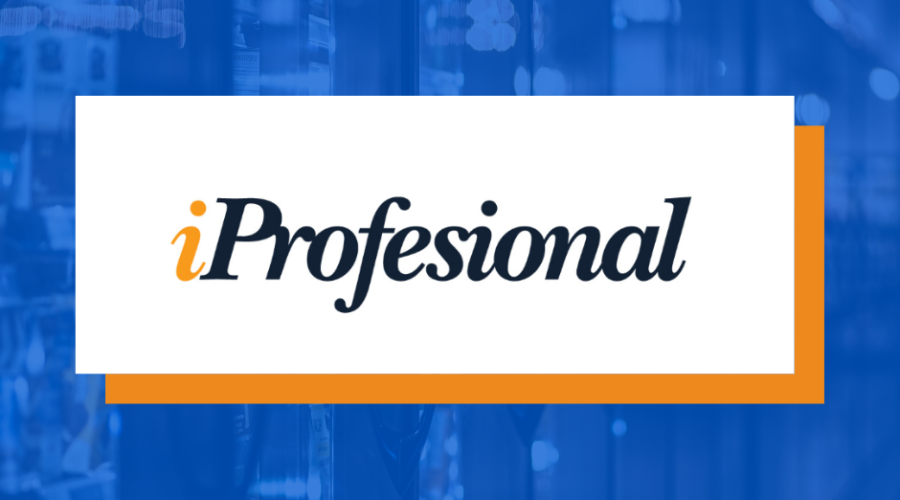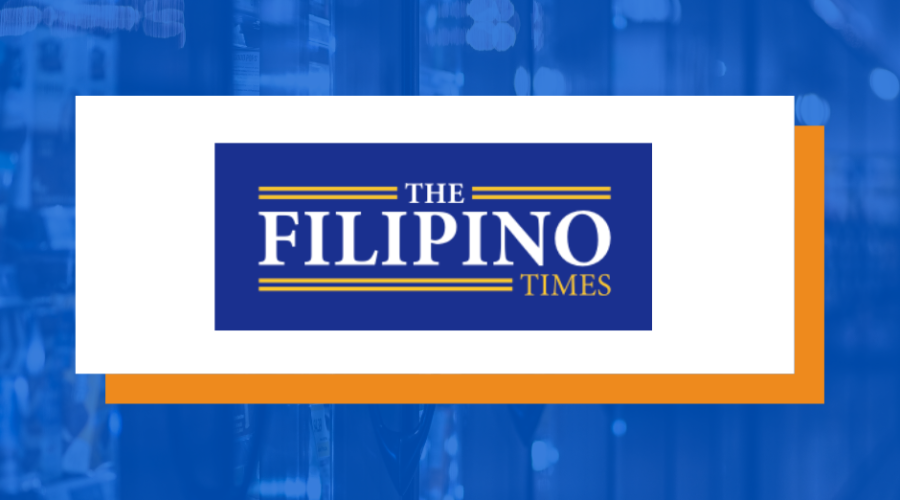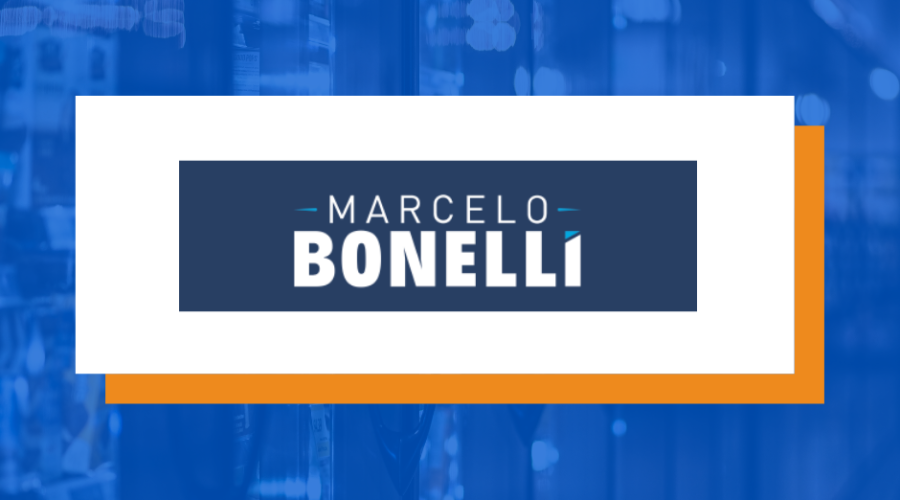Mar del Plata, entre las ciudades con acceso a servicios en plataformas online
La ciudad figura en el puesto 22° de un ranking de ciudades latinoamericanas que analiza la disponibilidad y accesibilidad a diferentes tipos de servicios mediante plataformas online.
Mar del Plata se ubicó en el puesto 22° del “Índice de Economía Colaborativa Latam 2021”, un relevamiento que analiza 44 ciudades de Latinoamérica y evalúa la disponibilidad de una serie de servicios de movilidad, transporte, alojamiento y actividad física, a través de plataformas digitales que conectan a consumidores y prestadores mediante las posibilidades que brinda la economía colaborativa.
Read the full article here
